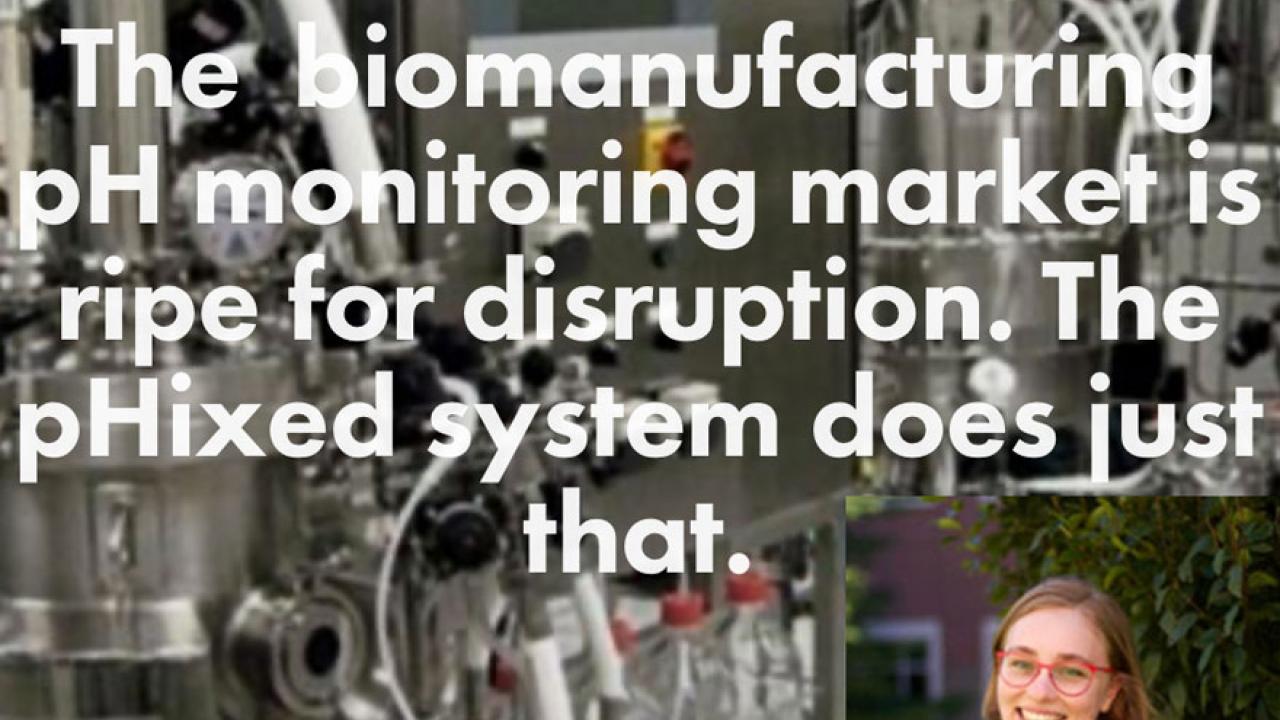This blog is excerpted from a story that appeared recently in Forbes by Suzy Taherian, a UC Davis Graduate School of Management lecturer.
Artificial Intelligence (AI) is the transformative technology for this decade. With 36 million unemployed in the United States today, can AI also create jobs? The World Economic Forum in 2020 forecasted a strong increase in AI jobs globally over the next two years, with predictions that new jobs per 10,000 opportunities would increase from 78 today to 123 in 2022. This year’s UC Davis Big Bang! Business Competition featured a startup business that uses Artificial Intelligence as one of its finalists and prize winners.
AI started with machines being programmed to give specific responses for certain questions. Siri could pull the weather report upon request. Machine learning is the new approach where the software is given large volumes of data and the software will begin to identify certain patterns. After seeing millions of images of cat and non-cats, the software will be able to identify a cat image or even design a cat image.

If machines can learn new skills, the applications for AI are endless. Today, in a kiosk in San Francisco, a robot with AI can take a customer’s coffee order and pour a cup of coffee at exactly the temperature and mixings requested. Applying AI for automation is beneficial by reducing expenses, accelerating processes, and increasing precision. The downside is that as AI automates processes, these robots are replacing humans.
There are many applications of AI that create jobs. The obvious direct jobs are in AI technology development and research.
Below are some other examples.
Human rights
Betsy Beaumon, CEO of Benetech, a technology nonprofit, notes they are using AI to support human rights efforts in Syria: “Human rights investigators have more evidence at their fingertips than ever before, and artificial intelligence supercharges what they are able to do with that data. Coming out of the conflict in Syria, we saw millions of videos uploaded to YouTube and social media that documented the atrocities taking place. Benetech is using artificial intelligence to help investigators sort through and analyze this massive amount of data in order to bring perpetrators to justice.
This enables those in the justice system to follow up on human rights crimes that would be unsolvable in the past. This is changing how human rights investigators work.
Below is the video presentations of PHIXED SYSTEMS, an AI startup. This presentation was used by the team in the recent UC Davis Big Bang! Business Competition.
AI used in UC Davis startup
AI is used in PHIXED SYSTEMS, of Davis, a predictive analytics startup with sensors (such as Ph testing) installed at pharmaceutical operations. The company, co-founded by Lisa Illes, a biological systems engineering student at University of California, Davis, was one of the finalists in the PLASMA Startup Center competition. Other team members are biological sciences undergrads. Illes initially came in second in the UC Davis Big Bang! Business Competition in 2017, and she won and additional award last month in the 20th annual Big Bang. PHIXED SYSTEMS is an advanced analytics platform technology for bio-manufacturing. The team received the CleanStart Award, earning $3,000. The idea came out of Lisa's work experience and became the focus of her senior thesis.
Illes noted “the primary value proposition of the technology is focused on improving the quality of data from biomanufacturing process monitoring systems. PHIXED could even facilitate a paradigm shift, moving the industry towards biomanufacturing 4.0 and create additional data-analysis and optimization focused jobs.”
There would be more jobs in installing the new systems and consulting on how to improve processes based on the intelligence/analysis. Of course, the key financial benefit it the improved production process so more life-saving drugs could reach the consumers faster.
Machine teachers
For machine learning, a human teacher is required. A human would flag the millions of data points that are fed into the machine so the machine can learn the patterns. For example, the machine teacher would look at street traffic photos used for autonomous driverless vehicles and distinguish photos of traffic lights versus Christmas lights. The machine would analyze the photos of traffic lights and identify patterns and learn when the vehicle should stop for a traffic light. Reviewing and filtering the data to feed the machine requires thousands of employee-hours. These are typically well-paid positions in areas with low employment and low wages. And with today’s high unemployment, this is good news.
Check out Taherian’s website or some of her other work here.
See the full Forbes story here.
